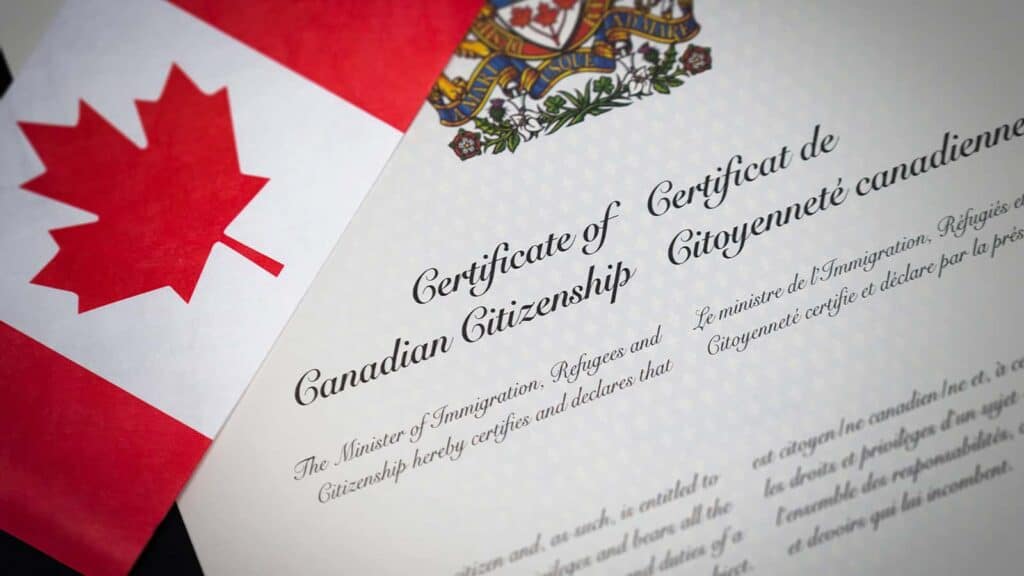Italy's Citizenship Law: Changes Affecting Great-Grandparent Claims

Table of Contents
Understanding Jus Sanguinis and its Implications
Italian citizenship law operates primarily under the principle of jus sanguinis, meaning citizenship is acquired through lineage. This contrasts with jus soli, where citizenship is granted based on birthplace. Historically, Italy's jus sanguinis allowed for relatively straightforward transmission of citizenship across generations, even to great-grandchildren. However, recent years have seen significant shifts in how this principle is applied.
- Jus sanguinis: Citizenship derived from one's parents or ancestors.
- Transmission of citizenship: Italian citizenship could, in the past, be passed down through multiple generations.
- Differences in application: The ease of claiming citizenship based on ancestry has varied considerably over time, with stricter interpretations emerging recently.
Key Changes in Italian Citizenship Law Affecting Great-Grandparent Claims
Recent amendments to Italian citizenship law have significantly impacted claims based on great-grandparents. These changes primarily focus on increased scrutiny of documentation and stricter eligibility criteria. This makes the process of obtaining Italian citizenship through great-grandparents considerably more challenging than it once was.
- Increased scrutiny of documentation: Consulates now demand more rigorous proof of lineage and family relationships.
- Stricter requirements for proving lineage: Simply having names on old records is often insufficient; detailed evidence of familial connections is now necessary.
- Potential delays in processing applications: The increased workload and complexity have resulted in longer processing times for applications.
- Specific changes in required birth and marriage certificates: The acceptable formats, translations, and certifications for vital records have become more specific and demanding.
The Role of Birth Certificates and Marriage Records
Accurate and complete documentation is paramount. Without meticulously sourced and properly authenticated documents, your application for Italian citizenship is likely to be rejected.
- Required languages for documentation: Documents typically need to be in Italian, and official translations may be necessary.
- Apostille and legalization procedures: International certification, such as an Apostille, is often required to validate foreign documents.
- Dealing with missing or incomplete records: Locating missing records, particularly those from decades or even centuries past, can present significant hurdles. Professional genealogical research may be required.
Navigating the Application Process and Potential Roadblocks
Applying for Italian citizenship via a great-grandparent involves a multi-step process prone to complications. Careful planning and attention to detail are critical.
- Completing the application form accurately: The application form itself is detailed and requires precise information. Errors can lead to delays or rejection.
- Gathering and organizing required documentation: This is arguably the most challenging aspect, requiring extensive research and potentially professional genealogical assistance.
- Submitting the application to the correct consulate: Applications must be submitted to the appropriate Italian consulate based on your current residence.
- Understanding the appeal process if the application is denied: If your application is rejected, you have the right to appeal, but this requires further legal expertise.
The Importance of Professional Legal Assistance
Given the complexities and recent changes in Italian citizenship law, seeking professional legal assistance is highly recommended. A lawyer specializing in Italian citizenship can significantly increase your chances of a successful application.
- Expertise in navigating legal complexities: They possess the knowledge and experience to interpret the often-ambiguous legal requirements.
- Assistance with documentation preparation: They can guide you through the often-daunting task of gathering and preparing the necessary documents.
- Representation during the application process: They can act as your advocate throughout the process, communicating with the consulate and handling any challenges that arise.
- Increased chances of successful application: With their expertise and assistance, you significantly improve your probability of securing Italian citizenship.
Conclusion
Claiming Italian citizenship based on great-grandparents requires navigating a complex legal landscape that has recently undergone significant changes. Understanding these changes, preparing comprehensive documentation, and seeking professional assistance are crucial for a successful application. The process of obtaining Italian citizenship through great-grandparent lineage is demanding, but with careful preparation and potentially professional help, it remains achievable.
Don't let the complexities of Italy's citizenship law deter you from pursuing your Italian heritage. Learn more about the updated requirements for Italian citizenship claims based on great-grandparent lineage and contact a qualified lawyer to assist you with your application today. Secure your Italian citizenship!

Featured Posts
-
 Vybz Kartel Brooklyn Crowd Goes Wild At Sold Out Shows
May 23, 2025
Vybz Kartel Brooklyn Crowd Goes Wild At Sold Out Shows
May 23, 2025 -
 Nbcs Dylan Dreyer Transformation And Career Success
May 23, 2025
Nbcs Dylan Dreyer Transformation And Career Success
May 23, 2025 -
 Daco Valerie Rodriguez Erazo Asume La Secretaria
May 23, 2025
Daco Valerie Rodriguez Erazo Asume La Secretaria
May 23, 2025 -
 Historic Win Zimbabwes Triumphant Test Match In Sylhet
May 23, 2025
Historic Win Zimbabwes Triumphant Test Match In Sylhet
May 23, 2025 -
 Briefs Buying Guide Sizing Materials And More
May 23, 2025
Briefs Buying Guide Sizing Materials And More
May 23, 2025
Latest Posts
-
 Beruehrende Momente In Der Naehe Des Uniklinikums Essen
May 24, 2025
Beruehrende Momente In Der Naehe Des Uniklinikums Essen
May 24, 2025 -
 Essen Aktuelles Und Beruehrendes Rund Um Das Uniklinikum
May 24, 2025
Essen Aktuelles Und Beruehrendes Rund Um Das Uniklinikum
May 24, 2025 -
 Essen Naehe Uniklinikum Geschichten Die Bewegen
May 24, 2025
Essen Naehe Uniklinikum Geschichten Die Bewegen
May 24, 2025 -
 Essen Uniklinikum Beruehrende Ereignisse In Der Naehe
May 24, 2025
Essen Uniklinikum Beruehrende Ereignisse In Der Naehe
May 24, 2025 -
 March 16th 2025 Nyt Mini Crossword Hints And Solutions
May 24, 2025
March 16th 2025 Nyt Mini Crossword Hints And Solutions
May 24, 2025
